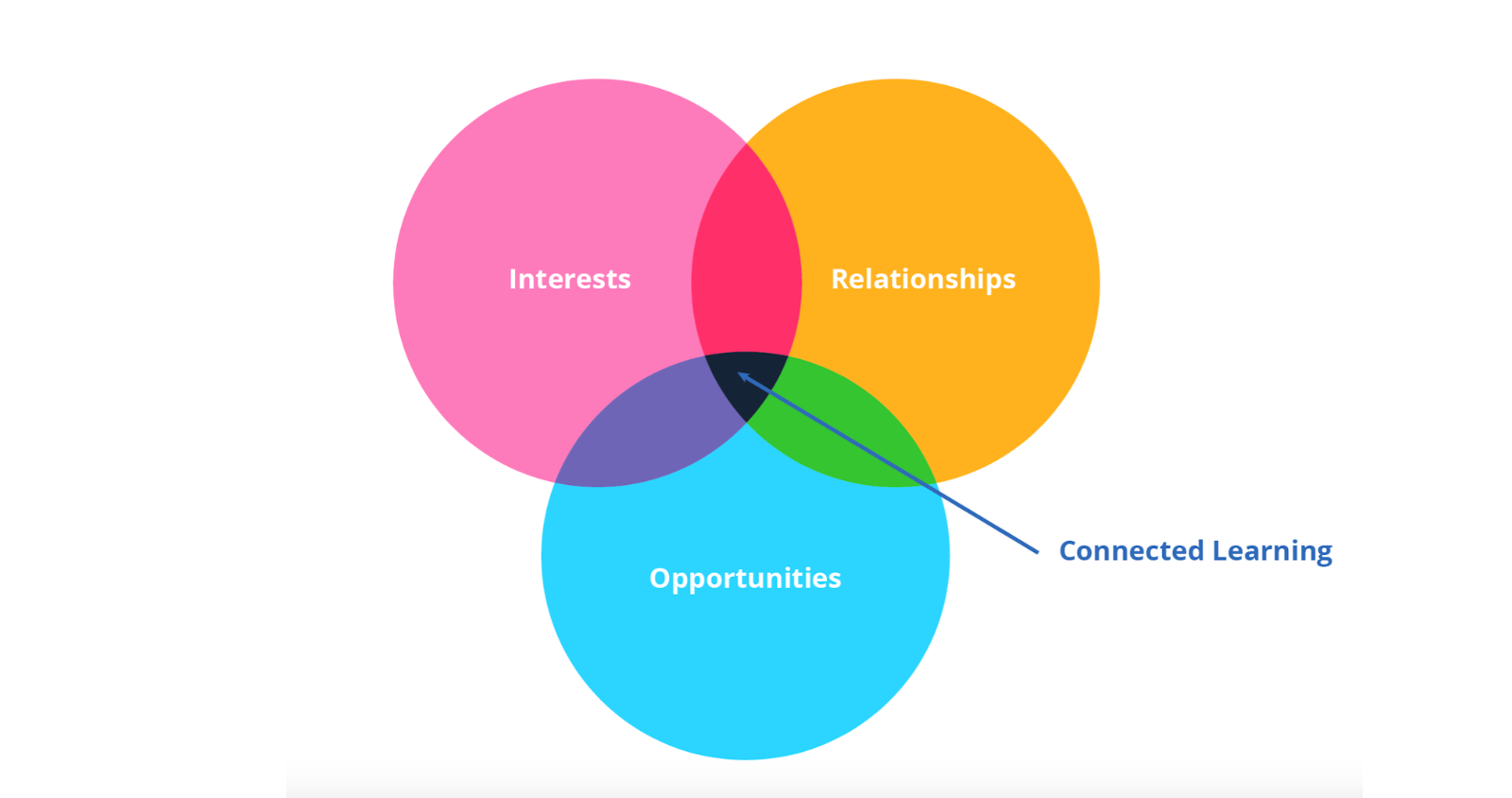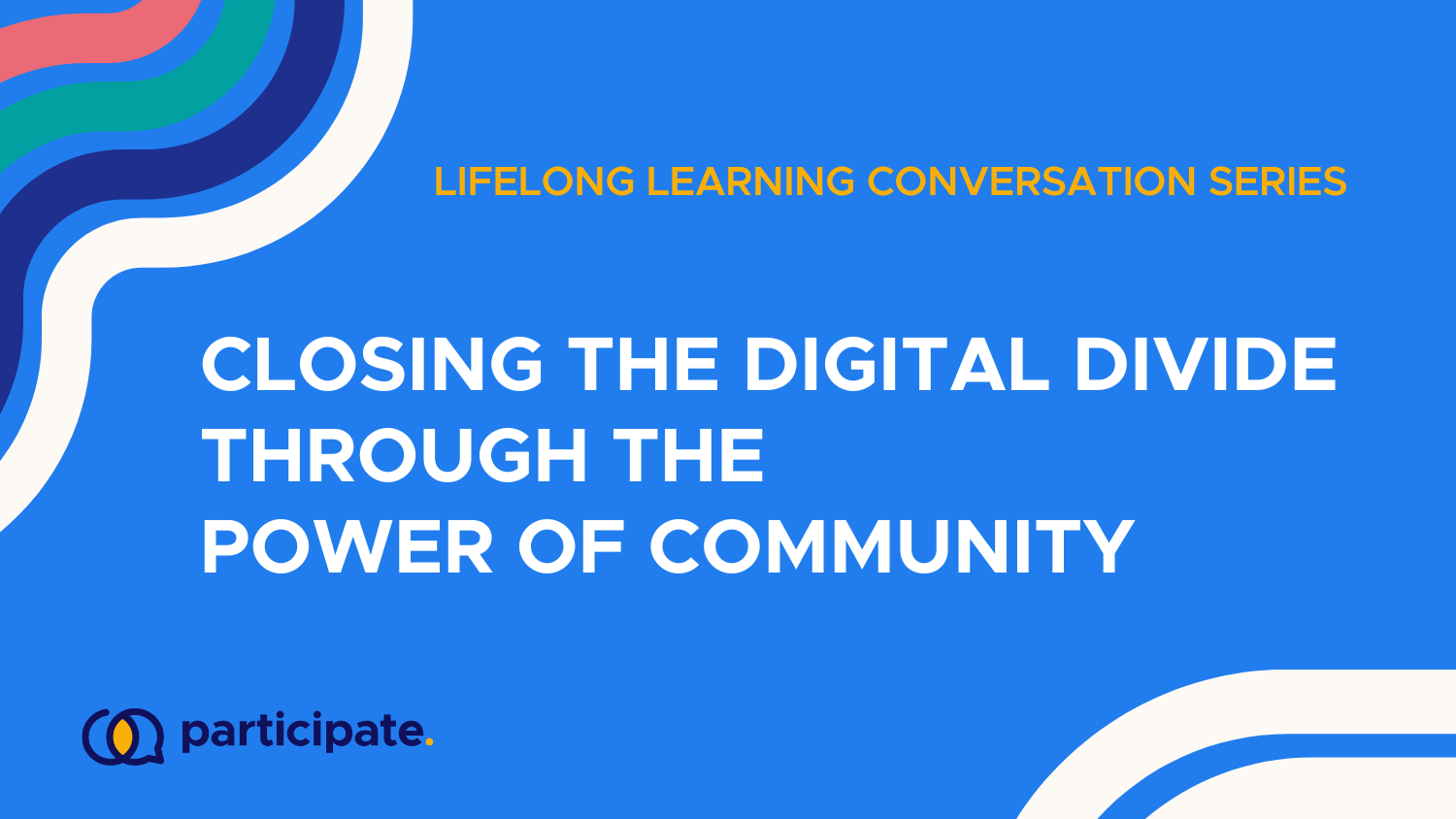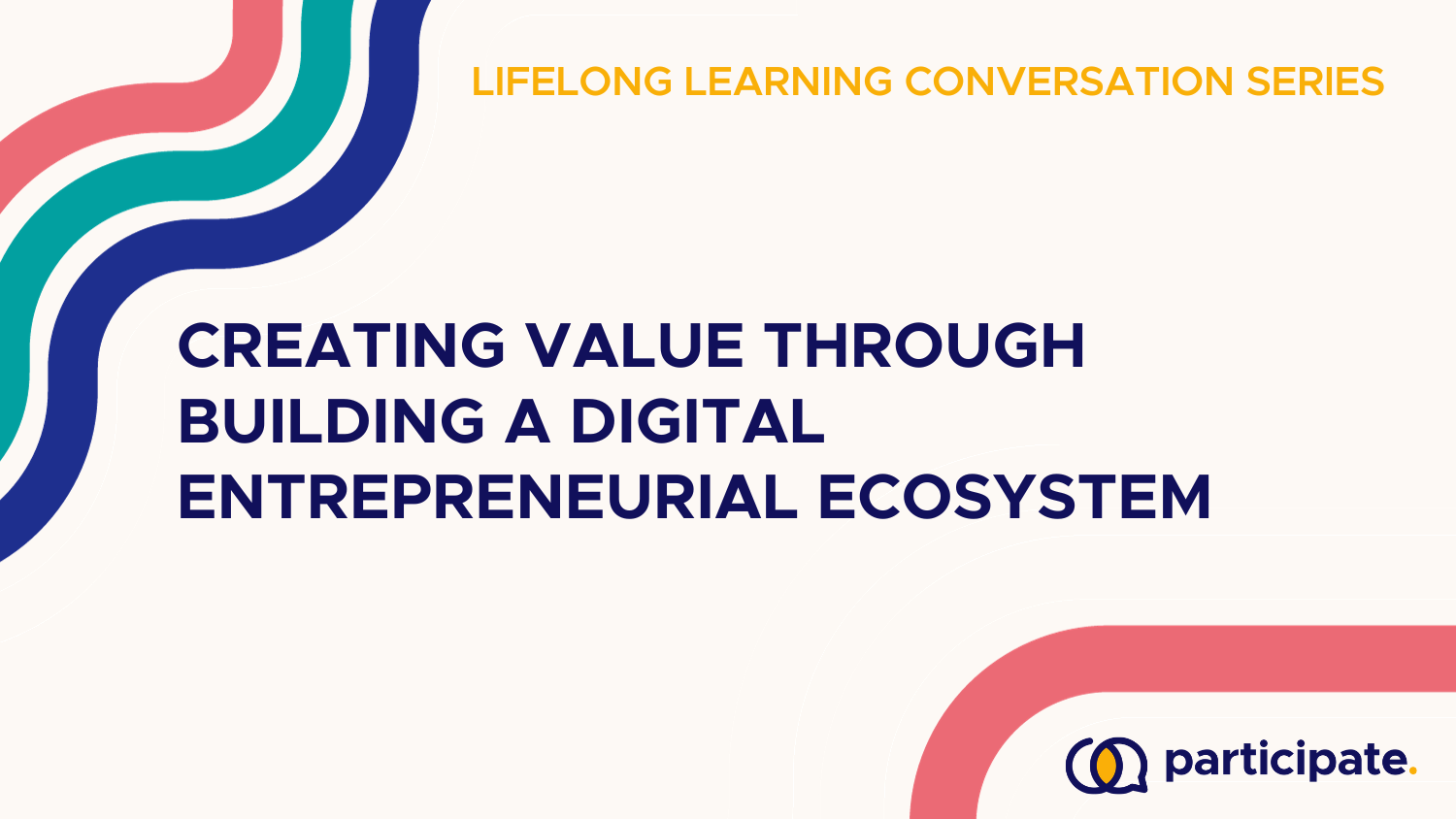Webinar: Unlocking the Value of Digital Credentials for Learners, Higher Ed & Industry
Download Webinar Transcript
Key Highlights from the conversation
A few highlights of the conversation:
-
Democratization of Education and Employment: Digital credentials lower barriers to entry for many into the workforce by valuing diverse educational backgrounds and skills, not just degrees from traditional education systems. This shift supports a more inclusive and equitable job market, where competencies can be accurately represented and easily shared across industries.
-
Enhancing Lifelong Learning: The portability and verifiability of digital credentials cater to the concept of lifelong learning, where individuals can accumulate and present credentials over time from various learning experiences, including microcredentials and non-traditional learning paths. This approach recognizes all forms of professional development, aiding career transitions and advancements.
-
Interoperability as a Catalyst for Adoption: The future effectiveness of digital credentials hinges on interoperability—being universally recognized and easily exchanged across different platforms without friction. Emphasizing open standards like W3C verifiable credentials ensures that these digital assets remain useful and relevant as career landscapes evolve.
-
Challenges in Privacy and Data Security: As adoption grows, maintaining privacy and security becomes paramount. The decentralized nature of credential issuance and storage through technologies like blockchain enhances security and gives individuals control over their data, pivotal for gaining trust among users and issuers.
-
Implications for Higher Education and Industry: For higher education institutions and industries, adopting digital credentials means adapting to new standards and integrating new technologies. This transition not only supports more dynamic and responsive educational models but also aligns educational outcomes with market needs, potentially transforming curriculum design and delivery.
Subscribe for more.
Related Resources and Links
- View other Webinars in the Series
- Downloadable e-Book: 5 paths to Impact with a Community of Practice
- About the Digital Credentials Consortium
- DCC Resources
- About Kerri Lemoie, PhD and her team
- Connect with Kerri or Julie on LinkedIn
- White paper: Making Sense of Key Data Standards for Verifiable LERs
- White paper: Building the Critical Digital Infrastructure for the Future
- App: Learner Credential Wallet
- Resource document: Resources to Learn about AI Hype, AI Harms, Blockchain Harms and Data Justice
Ready to Try Participate for free?
It's as simple as activating your free trial. Submit a few pieces of information, and you're in!


